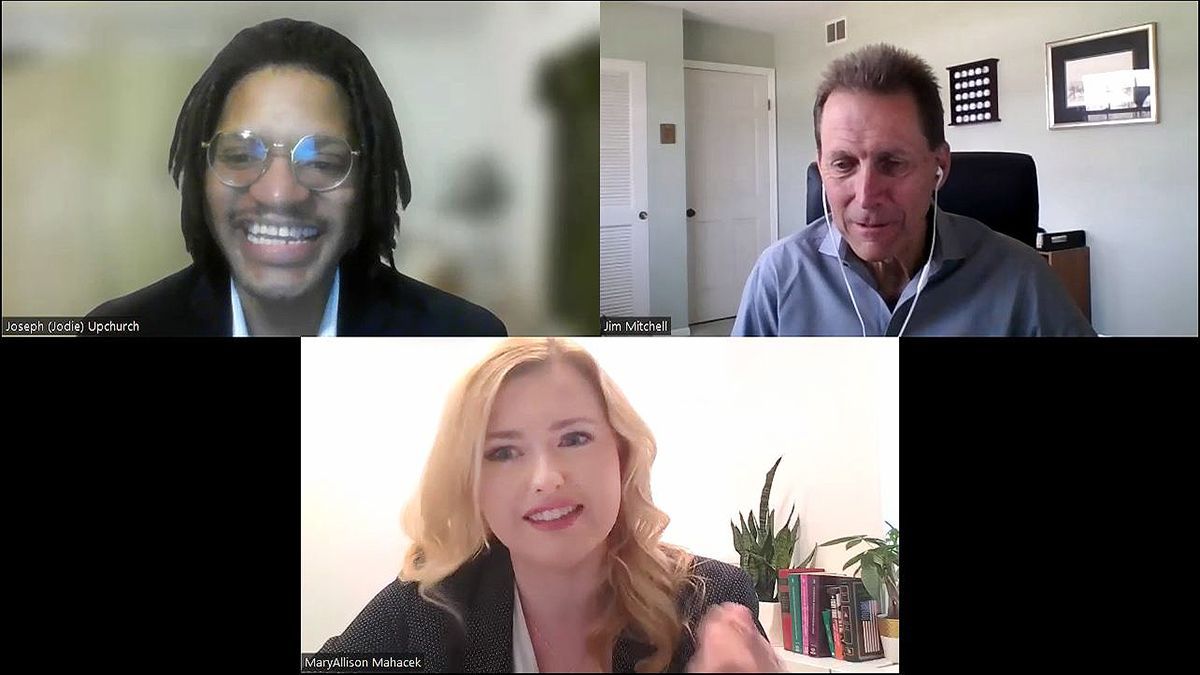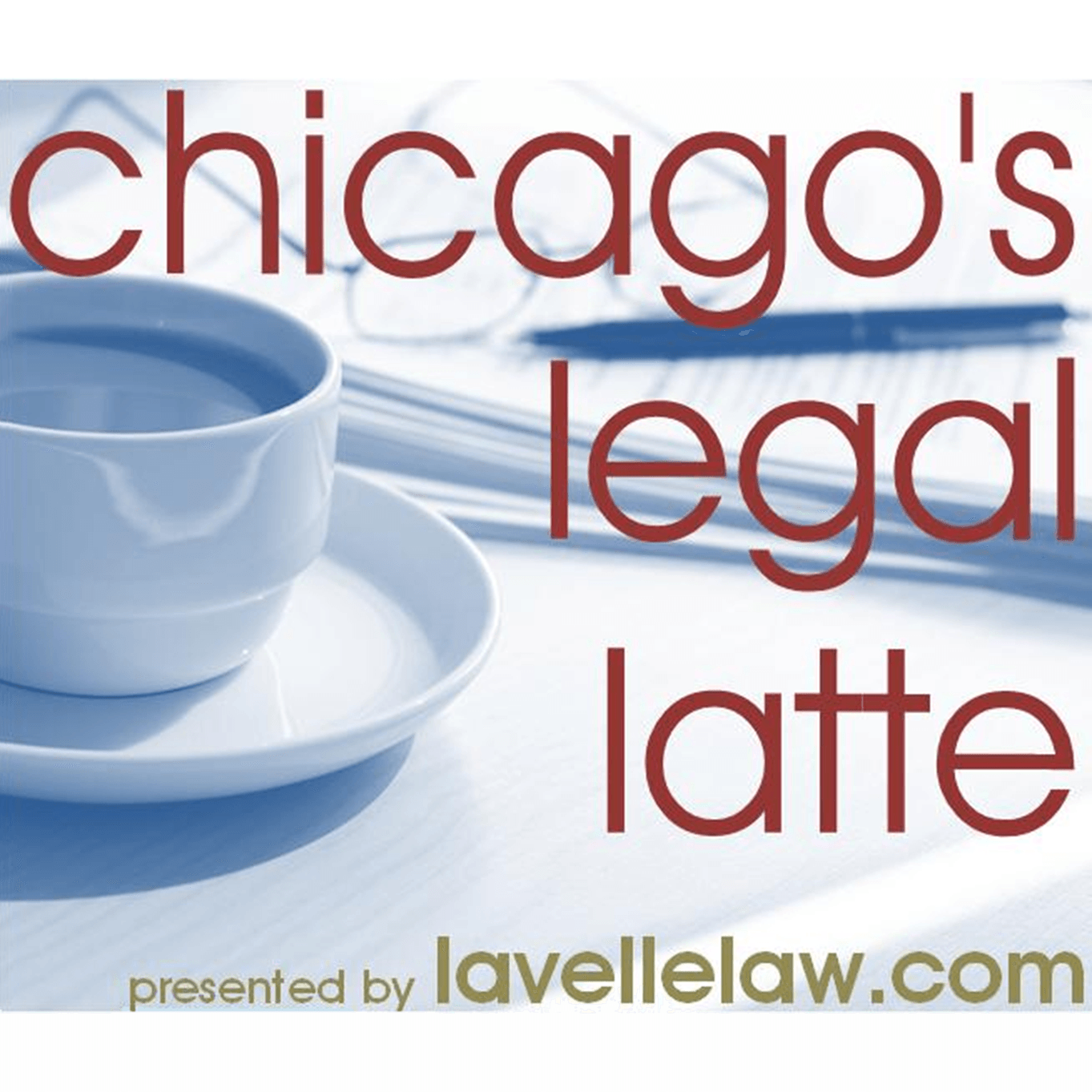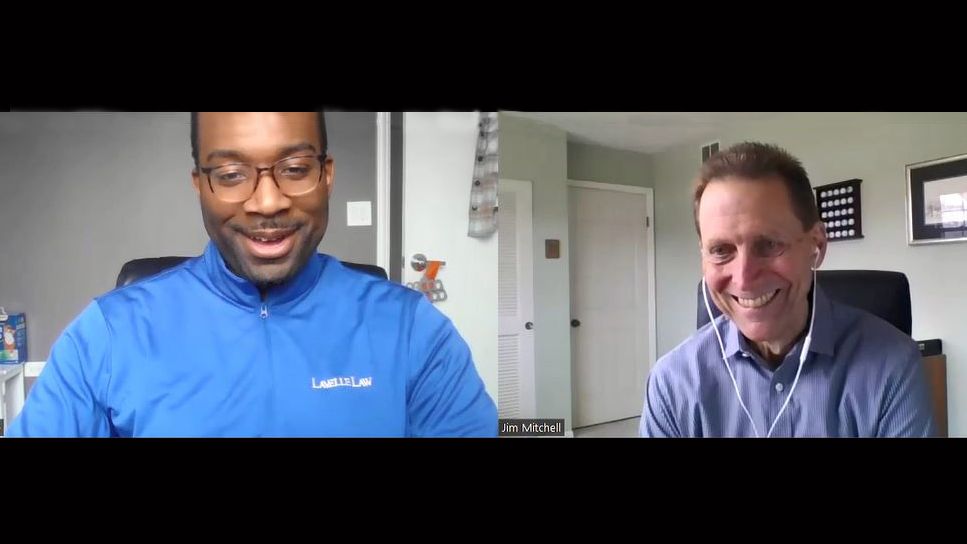Judgment Day for Pre-Judgment Interest

Traditionally, prejudgment interest was not awarded in tort cases. In Senate Bill 0072, the Illinois Legislature proposed a new amendment to 735 ILCS 5/2-1303, which governs prejudgment interest on judgments. Under the amendment, in all actions seeking damages for personal injury or wrongful death claims, whether the injury resulted from negligence, willful and wanton misconduct, intentional misconduct, or strict liability, a plaintiff would be able to recover prejudgment interest on the entire judgment amount (minus punitive damages, sanctions, and statutorily awarded attorneys’ fees and costs).
Capped after five years, prejudgment interest would begin to accrue on the date the suit was filed and at a rate of 6% annum. The amendment also provided that if a written settlement offer was made within twelve months of the action being filed, or within twelve months of July 1, 2021 (whichever is later), and the plaintiff either rejected or failed to respond to the settlement offer, prejudgment interest would only be awarded on the difference between the highest written settlement offer and the awarded judgment. Yet, if the judgment was equal to or less than the highest written settlement offer, no prejudgment interest would be awarded at all. Signed by Governor Pritzker on July 1, 2021, the amendment became effective the same day.
The amendment was recently challenged in litigation pending in the Law Division of the Circuit Court of Cook County, Illinois known as Hyland v. Advocate Health & Hospitals Corporation, Case No. 2017 L 3541. In her memorandum order issued on May 27, 2022, Judge Marcia Maras held the amendment’s award of prejudgment interest unconstitutional as it “violates the fundamental right to jury trial as it improperly strips the function and role of the jury in assessing all issues, including damages[.]” Essentially, it infringed on a defendant’s right to a trial by jury and have that jury determine damages, if any. Judge Maras also noted that Cook County juries are already instinctively awarding prejudgment interest, as evidence shows juries have historically given larger awards to longer delayed cases.
She additionally held that the amendment violated the Illinois Constitution prohibition on special and local laws, which states that the Illinois General Assembly “shall pass no special or local law when a general law is or can be made applicable.” Because the amendment awarded prejudgment interest in personal injury and wrongful death actions only, the amendment unreasonably benefited personal injury and wrongful death plaintiffs as against any other tort plaintiffs who could not recover prejudgment interest. And, on the reverse side, it similarly discriminated against personal injury and wrongful death defendants as opposed to any other tort defendant by subjecting them to a prejudgment interest payment. Though issued at the trial-court level, Judge Maras’ memorandum opinion does not immediately apply state-wide and can be appealed under Illinois Supreme Court Rule 302, but personal injury and wrongful death parties should be mindful of the court’s rationale and holding. Specifically, any defendants facing a personal injury or wrongful death suit that requests prejudgment interest should consider amending to include an affirmative defense alleging such remedy is unconstitutional.
For more information on the prejudgment interest or tort litigation, please contact Joseph V. Vito at jvito@lavellelaw.com or Meghan R. Hartnett at mhartnett@lavellelaw.com and at (847) 705-7555.
More News & Resources
Lavelle Law News and Events









STAY UP TO DATE
Subscribe to our newsletter
Lavelle Law, Ltd. | All Rights Reserved |
Created by Olive + Ash.
Managed by Olive Street Design.



